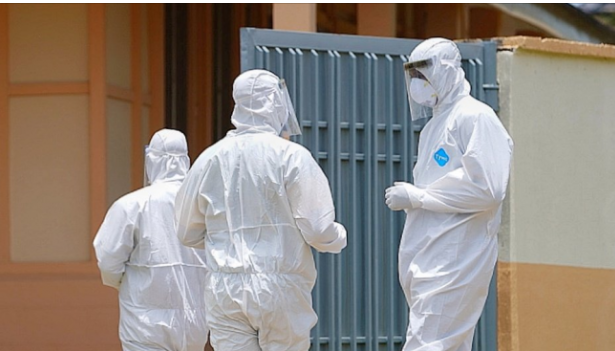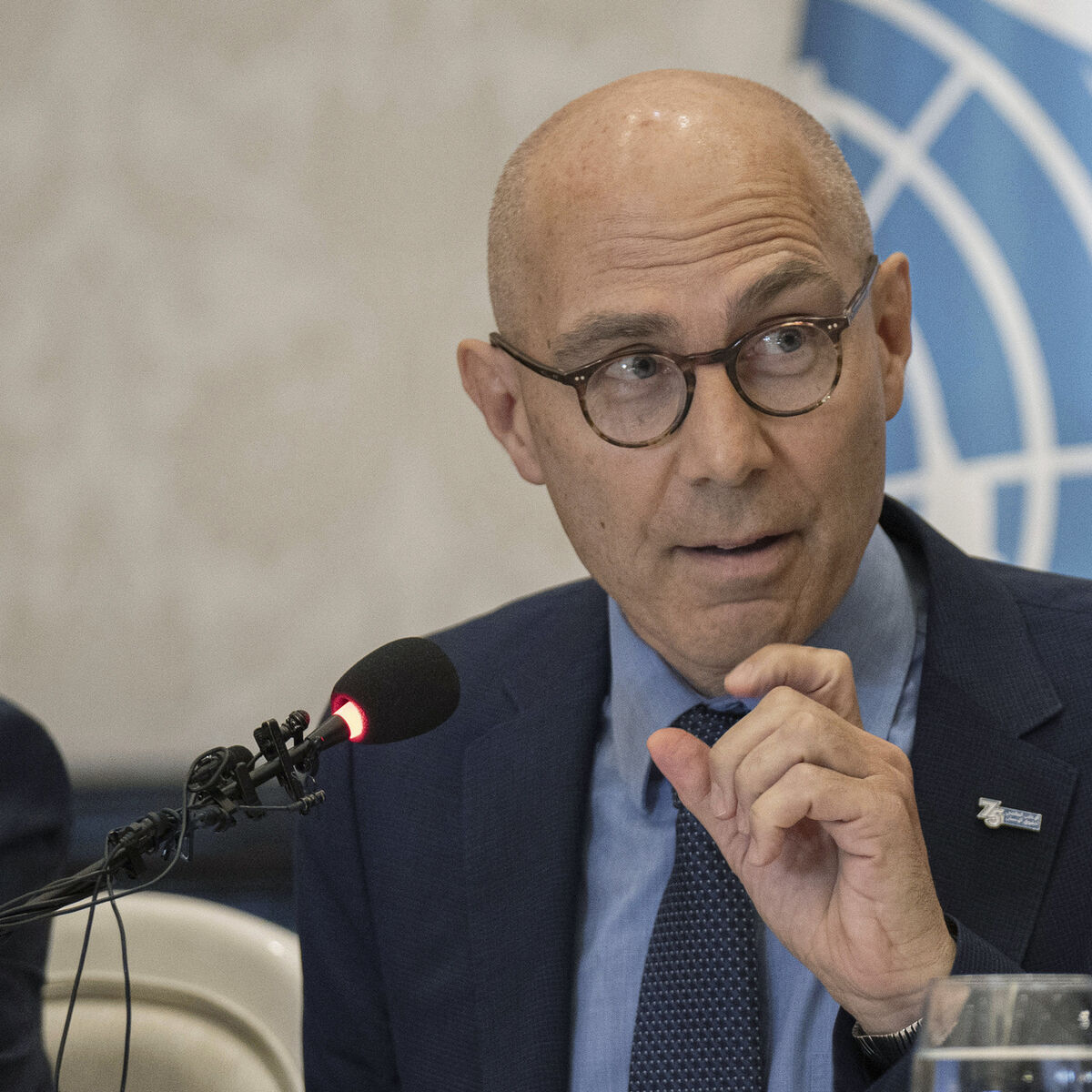By Motunrayo
Copyright nigerianeye

The move follows an emergency meeting convened on September
9 at Mainland Hospital, Yaba, after the Democratic Republic of Congo, DRC,
confirmed 28 suspected cases and 15 deaths, including four health workers, in
its latest Ebola resurgence.
Health experts at the session assessed Lagos’ preparedness
using a comprehensive checklist that covered infection prevention and control,
surveillance, contact tracing, laboratory capacity, case management, evacuation
procedures, logistics, risk communication, and budget planning.
Speaking after the meeting, the Permanent Secretary,
Ministry of Health, Dr Olusegun Ogboye, represented by the Director of
Epidemiology, Biosecurity and Global Health, Dr Ismail Abdus-Salam, said the
activation of the IMS was a proactive measure, stressing Lagos’ high risk as Nigeria’s
busiest entry point with multiple international gateways.
According to him, the state already has functional
structures in place, including an isolation centre with 14-18 bed spaces,
equipped laboratories, and an enhanced surveillance system. He added that
training for frontline responders across all response pillars would begin
immediately.
“Our preparedness review has been concluded. The isolation
centre is ready, laboratories are functional, and surveillance is strong.
Beginning tomorrow, officers in surveillance, IPC, case management, and risk
communication will undergo refresher training,” Ogboye explained.
He also disclosed that Ebola advisories and fact sheets had
been validated and would be circulated to public and private health facilities
to keep doctors, nurses, and laboratory scientists alert.
Ogboye urged Lagos residents not to panic, assuring that
government measures were robust enough to safeguard the state. He advised
strict hand hygiene, environmental cleanliness, and immediate reporting of
suspected cases, especially among travellers from Ebola-affected regions.
“Ebola is transmitted through direct contact with blood,
body fluids, or contaminated items from infected persons. Anyone with fever,
sore throat, or malaria-like symptoms who has recently travelled to outbreak
areas should immediately call 767 or 112,” he warned.
Additional personnel, he added, had been deployed to the
PHEOC, while formal memos were being processed to mobilise resources rapidly
should a case be confirmed.
At the Murtala Muhammed International Airport, the
Officer-in-Charge of Port Health Services, Dr Abdullahi Lawal, confirmed that
surveillance and infection prevention measures had been scaled up.
While there are no direct flights from the DRC to Nigeria,
he noted that travellers from neighbouring countries, including Rwanda, are
being closely monitored, with high-risk passengers undergoing enhanced
“All airport stakeholders, immigration, customs, and FAAN,
have been sensitised to identify symptoms of Ebola. Travellers are also being
advised on strict hygiene and to report any suspicious illness,” Lawal said.
He commended the Lagos State Government for its
collaboration with federal agencies at the airport, describing the partnership
as critical to preventing Ebola’s re-entry into Nigeria.
The emergency meeting was attended by key stakeholders,
including Dr Olusola Adejumo (Director, Mainland Hospital), Dr Bamidele Mutiu
(Director, Lagos Biobank), Dr Memuna Esan (WHO representative), as well as
PHEOC pillar leads and state surveillance officers, all of whom pledged
unwavering vigilance.
Click to signup for FREE news updates, latest information and hottest gists everyday



